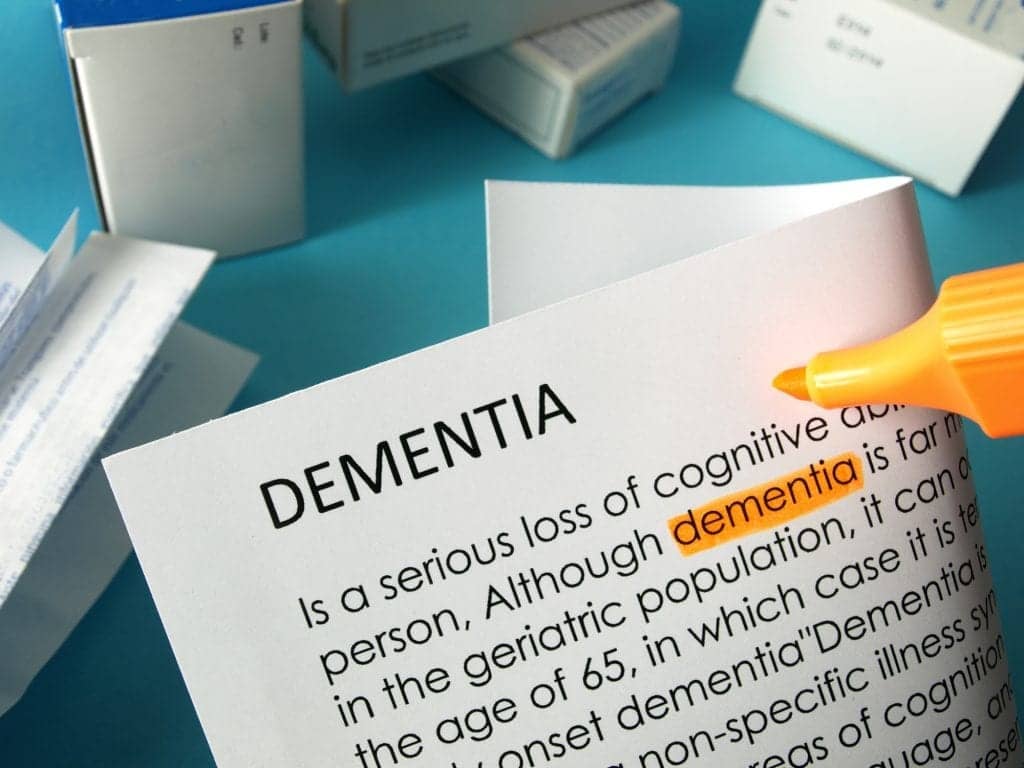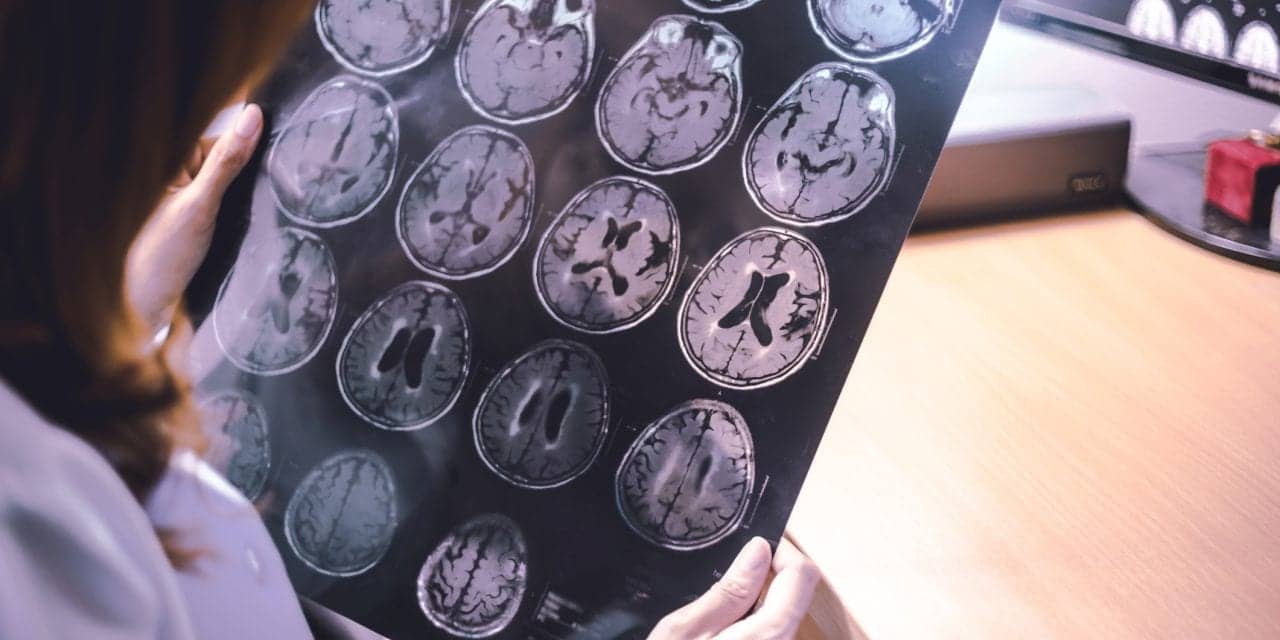2022 was an especially productive and promising year for Alzheimer’s research, including new discoveries related to the causes, risk factors, and treatment of Alzheimer’s disease and other dementias, according to an announcement from the the Alzheimer’s Association. At the Alzheimer’s Association Minnesota-North Dakota chapter, there were five important things that were learned about Alzheimer’s in 2022:
- Alzheimer’s treatments are getting better. In November, pharmaceutical companies Eisai and Biogen announced positive results from their global Phase 3 clinical trial of an Alzheimer’s drug called lecanemab, slowing the rate of cognitive decline in study participants by 27% over 18 months. These are “the most encouraging results we have seen to date for an Alzheimer’s treatment.” A Food and Drug Administration (FDA) decision on accelerated approval is expected early in January 2022, potentially making lecanemab the second FDA-approved drug in 18 months that changes the course of Alzheimer’s disease.
- A daily multivitamin may slow brain aging. Research published in Alzheimer’s & Dementia: The Journal of the Alzheimer’s Association found that taking a multivitamin mineral supplement every day for 3 years resulted in a statistically significant cognitive benefit. This is the first positive, large-scale, long-term study to show that multivitamin-mineral supplementation for older adults may slow cognitive aging. With confirmation through research, these promising findings have the potential to significantly impact public health — improving brain health, lowering health care costs, and reducing caregiver burden — especially among older adults.
- Frozen pizza, candy, and soda may raise the risk of cognitive decline. At the Alzheimer’s Association International Conference (AAIC) last summer, new research results found that eating a large amount of ultra-processed food can significantly accelerate cognitive decline. The research was then published in JAMA Neurology in December. Ultra-processed foods make up more than half of American diets. The good news is there are steps we can take to reduce risk of cognitive decline as we age. These include eating a balanced diet, exercising regularly, getting good sleep, staying cognitively engaged, protecting from head injury, not smoking, and managing heart health.
- Experiencing racism is linked to poor memory. Also at AAIC 2022, researchers reported that experiences of structural, interpersonal, and institutional racism are associated with lower memory scores and worse cognition in midlife and old age, especially among Black individuals. These data are especially important given Black Americans are about twice as likely, and Hispanic Americans are about one and one-half times as likely, to have Alzheimer’s or other dementias according to the 2022 Alzheimer’s Disease Facts and Figures report.
- Wearing hearing aids may reduce risk of dementia. Individuals with hearing loss who used hearing restorative devices had a 19% decrease in risk of long-term cognitive decline, according to research published in December in JAMA Neurology. These data appeared five months after the FDA announced it will allow hearing aids to be sold over the counter, greatly expanding access to 30 million Americans living with hearing loss. In addition to improving daily communication, use of hearing aids may also benefit brain health.
While advancements are happening, the significant impact of Alzheimer’s remains. Over a recent 20-year period, deaths from heart disease went down 7.3%, while deaths from Alzheimer’s increased 145%. In 2022, Alzheimer’s and other dementias will cost the nation $321 billion.

“With several FDA decisions expected on Alzheimer’s treatments in 2023, this is a very exciting time in the fight to end this disease,” said Lisa Groon, Alzheimer’s Association Senior Health Systems Director. “Thanks to increased research funding from the federal government and nonprofits we’re hopeful that the new year will bring more advances and discoveries for people living with, and at risk for, Alzheimer’s and other dementia.”
Source: Alzheimer’s Association





